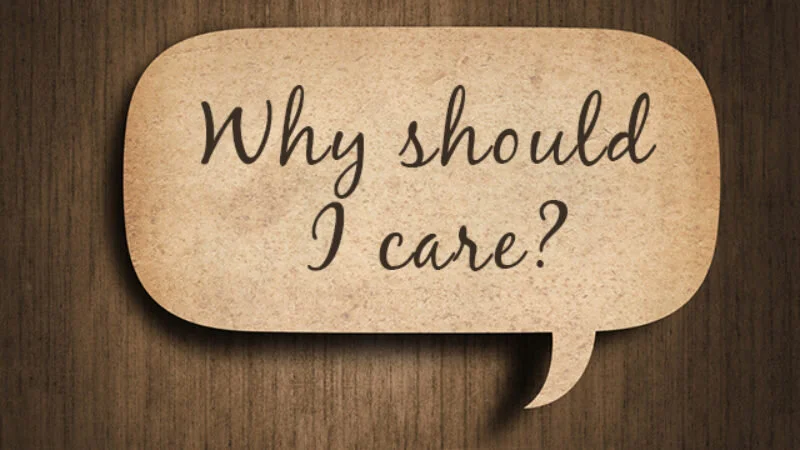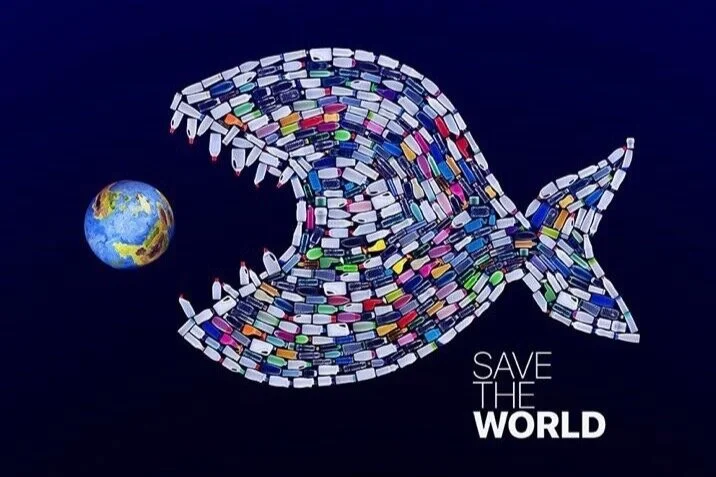Plastic Invasion
There is a plastic invasion. We are under attack by Weapons of Mass Consumption (WMCs). Plastic waste is a global problem. Most of the plastic that we produce for products we consume is not being recycled. As a result, we are unfortunately drowning in plastic waste and in microscopic pollution. Plastic waste is wreaking havoc on human life, wildlife, marine life, the rivers, the oceans, the earth, the environment and the eco-system.
A staggering 91% of the recyclable material we produce is not being recycled. The current Recycling System is not functional because of an open loop in the recycling system. We lack the infrastructure to handle all the RM that we produce. The infrastructure does not exist because there are virtually no markets. There is little investment in either the public or private sector. There is lack of political will, corporate responsibility and little awareness by the general public. The system was poorly designed. What is required is a closed loop Recycling System with some government oversight, corporate responsibility and coordination between the recycling and waste industries and the manufacturers that produce the plastic that holds their products.
Why should we care? Te earth is our home and the place that was chosen for us to live. We are given dominion over other creations and as a result we were entrusted as stewards of the planet. Today micro-plastic is everywhere. Nothing and no one is spared from microscopic pollution, not even our drinking water. Testers sampled the water sources in the hall of Congress and found microscopic plastic pollution.
Plastic Monster
The state of things is not pretty. Let’s face it, we have a plastic addiction. We could ignore it or we could take a hard look in the mirror and chose to get help. Environmental issues are not trivial matters. The state that we find ourselves in was not born out of necessity. On the contrary, the environmental dilemma that we are facing is the mere outcome of overconsumption. Today, environmental issues are real massive problems born of greed, excess and irresponsibility.
Detrimental Impact on all Organic Life
We live in an interdependent International Political Economy (IPE). Our unintended behaviors are causing harm to people, land animals, marine life, vegetation, the oceans, the environment and the eco system. There is no creature on the earth or bird that flies with its wings except that they are communities like us.
Unsustainable Deforestation. No clean air
It has been provided for us in abundance. Like our lungs, the organs tasked with our necessary air intake, trees are essential to the earth’s breathing and our survival. We are implored not to be wasteful. We may eat and drink from the provision of our Lord, but we may not act corruptly in the land making mischief” [Al Baqarah 2: 60].
It is our obligation to help those less fortunate around the world. But unfortunately, our consumption behaviors hurt many communities around the globe. And we are instructed to give to the near of kin his due and to the needy and the wayfarer and to not squander wastefully. Going green is being accountable for ourselves before our deeds are accounted for us. Going green is seeing an injustice and changing it with your hand, or your mouth and at a minimum with heart as we’re commanded to do. It is caring for others who are being impacted negatively by our actions and modifying that oppressive behavior out of fear of the Creator and compassion. It is gentleness “rifq” with the earth and the environment. Simplified, going green is being conscious and mindful, not just in theory or in thought, but in our treatment and therefore actions toward the planet.
What is Going Green?
The definition of “green” can be elusive, broad and personal. But in terms that we could align with our faith, going green is in line with those universal and unique concepts of justice, fairness, balance, moderation, conservation, awareness, responsibility and. It is living as though we will not see the night and when the night arrives, it is to believe that we may not se the day. It is personal accountability and the constant realization of a day of reckoning.
Caring for the environment is in line and harmony with our code of conduct. Caring for the environment and all living things is an Islamic obligation and tradition. The vision is to live "Conscious Ihsan" by reducing waste at the local, national and international levels and engage in global environmental discussions. We can all play our parts in modeling the green pillars of our faith.










